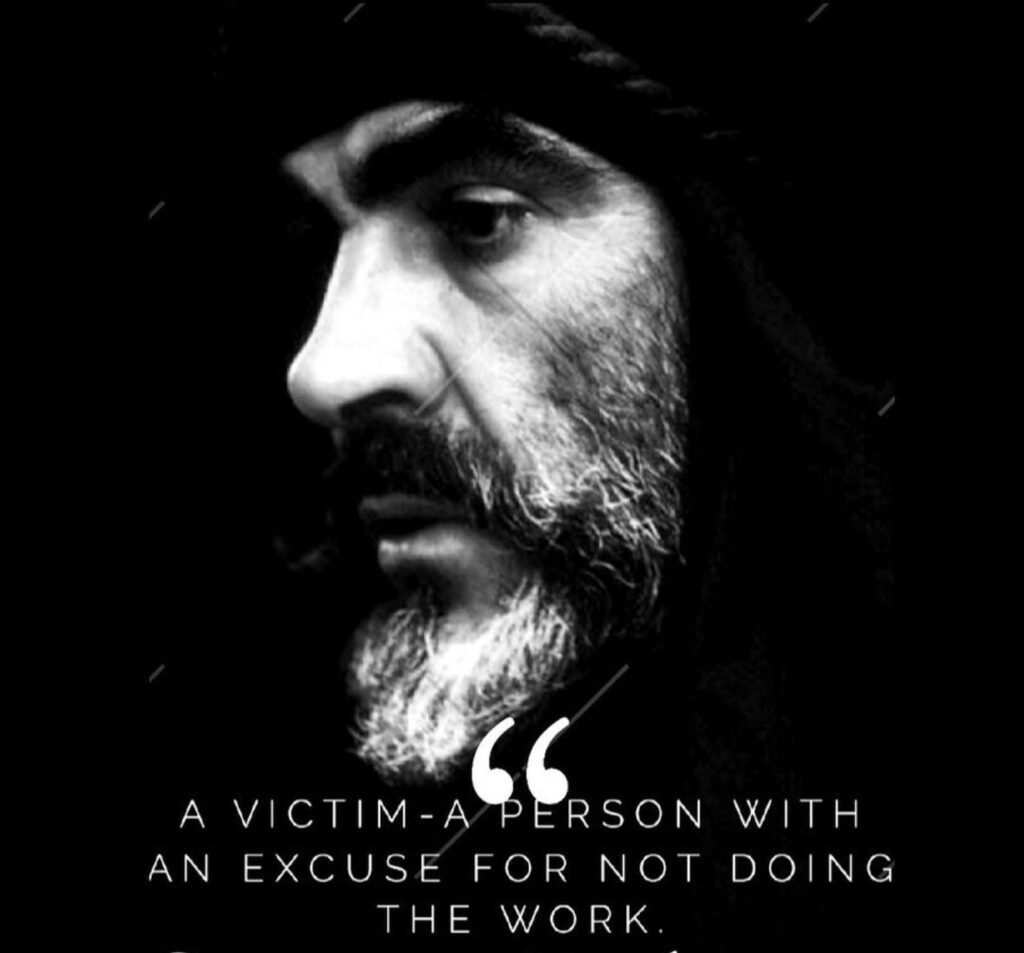Growing up social norms were expected. How we respond to and engage with others is important. We had standards and were accountable.
• When invited to a party, RSVP, yes or no.
• When attending a birthday party with your child, show up, up and make polite conversation.
• When someone sends a gift, responded with an appreciative note.
• When a friend reaches out, answer within a reasonable time.
• When someone goes out of their way, reply with an appreciative “thank you.”
Living in China in the late 90s, I became hyper-conscious of an absent social standard in a densely-populated society with little regard for manners among strangers.
Mao dismissed manners as a bourgeois cultural affectation during his rule. During the Great Famine of the 1970s, this consensus grew and with good reason, your politeness might kill you.
With the famine still a memory, children are raised today appreciating a more Darwinian approach — survival depends on assertiveness.
The entire concept of lining up is a western one. Waiting at a bus stop in China with others, regardless of who shows up first; the mentality is one of, “if there’s only one seat, I want to be in it.”
I’m 6 foot 3 inches tall, typically a foot taller than everyone else in China. When traveling the metro, people would stare. They would begin at my feet, slowly working their way up to my face, by which time I would meet their gaze with a big smile, at which point they would recoil as if to say, “why are you staring at me?”
Waiting in line at a fast-food restaurant, ten-deep, someone would slip in front of me, this was so pervasive, I would wait for it to happen. At first it angered me, calling them out when it happened with public ridicule, attempting to educate 1.4 billion people, one at a time.
This pervasive, me-first attitude omnipresent across China was notably apparent when, after living in Shanghai for a year and traveling to Paris, someone held a door for me, made eye contact and smiled shortly after my flight landed. So, taken back, I bowed my head, thanking them several times for their unbelievable kindness.
This is not to accuse the Chinese of a complete disregard of social standards. I would argue that they are capable of being far more hospitable than Americans in certain situations.
Arrive in China for business and its likely someone greets you at the airport, drives you into town, drops you at your hotel and informs you along the way, taking several hours of their time to do so; Chinese people can be incredibly hospitable and polite. Contrast this with the Chinese businessman landing in the U.S., left to find his way to the hotel and into the office the following day.
Today, standards are nonexistent for too many of us. We hesitate to commit, waiting until possibly a better invitation comes along.
Evite, the online invitations app even has a “maybe” category. If someone is throwing a party and invited sixty guests, it’s highly likely a full third of the guests check the “maybe” box. If hosting and preparing food, a 40 to 60 guests’ differential is a sizable one.
My wife’s willingness to keep commitments is legendary. When we receive an invitation, after responding yes, backing out isn’t acceptable. This left a huge impression on me when we first met. On several occasions with a migraine, a solid excuse, she would take a pill, rest for a bit and then, we went anyway. Showing up demonstrates consideration and others appreciate it.
My circle of close friends is small. I surround myself with other who are accountable, and do what they say. They know what they can expect from me.
Be someone who responds definitively with a “yes” or “no” and after you’ve committed, stick to it.

Stewart Roberts: Father, husband, entrepreneur, angel investor, guest lecturer, board member, volunteer. Stewart worked for Morgan Stanley in New York City, co-founded TIX China, a Shanghai-based trading company; studied at Harvard and served as Orange County President of Tech Coast Angels. He has guest lectured at both UCLA’s Anderson School and USC’s Marshall School of Business. For eight years he served as a CASA mentor. Today, he leads men through life’s transitions with books, boot-camps, masterminds and online courses.


